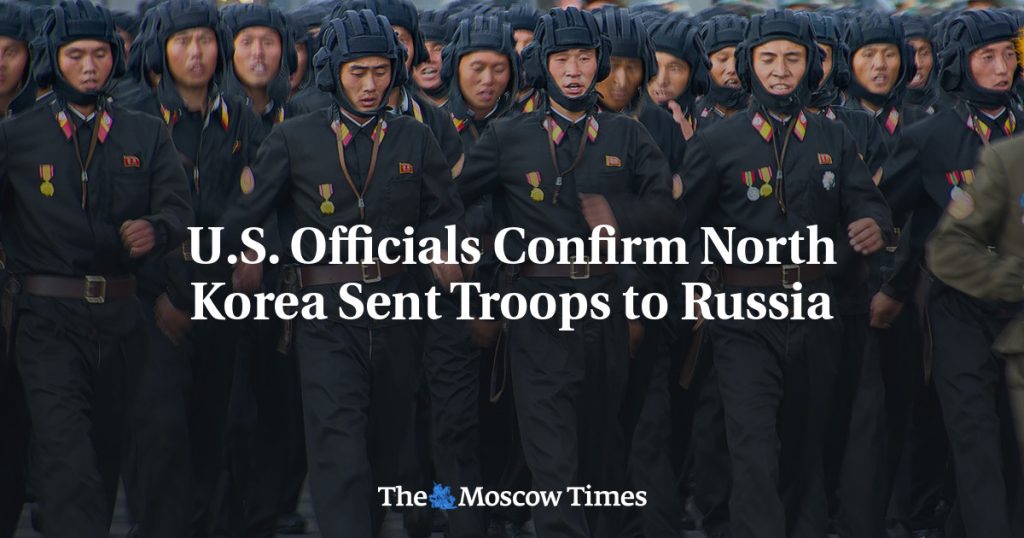A senior U.S. official confirmed that thousands of North Korean soldiers were sent to Russia for training, with their exact mission still unclear. The official expressed concern about Russia’s significant casualties in Ukraine and speculated that turning to North Korea for manpower was a sign of desperation on the part of the Kremlin. U.S. Defense Secretary Lloyd Austin also confirmed the deployment of North Korean troops in Russia, emphasizing the seriousness of the situation if they were to participate in the war on Russia’s behalf.
NATO confirmed evidence of a North Korean troop deployment to Russia, indicating a potential escalation of North Korea’s support for Russia’s war in Ukraine. South Korea’s intelligence agency reported the deployment of an initial 1,500 special forces soldiers to Vladivostok, with an additional 1,500 troops sent later. Lawmakers were informed that about 10,000 troops from North Korea were expected to be deployed to Russia by December. Despite these reports, North Korea denied sending military forces to Russia, and Moscow has not confirmed the allegations.
The situation raises concerns about North Korea’s involvement in Russia’s conflict in Ukraine and the implications of such a partnership for the region. The deployment of North Korean troops to Russia suggests a significant escalation and further strains international relations. The exact role of these troops and their potential impact on the conflict remains uncertain, leaving many to speculate about the motives behind their deployment. The lack of clarity surrounding the mission of the North Korean troops in Russia adds to the complexity of the situation and raises questions about the possible outcomes of their involvement.
The reports of North Korean troops in Russia highlight the interconnected nature of global conflicts and the potential for unexpected alliances in times of crisis. The situation underscores the need for increased transparency and communication among nations to prevent misunderstandings and mitigate the risks of unintended consequences. As tensions continue to rise in Ukraine, the presence of North Korean troops in Russia adds another layer of complexity to an already volatile situation, prompting concerns about the broader implications for regional security and stability.
The denial of North Korea and the lack of confirmation from Moscow further cloud the situation and raise doubts about the true extent of North Korean involvement in Russia’s conflict in Ukraine. The conflicting reports and uncertainty surrounding the deployment of North Korean troops in Russia underscore the challenges faced by the international community in navigating complex geopolitical issues and addressing emerging threats to global security. The need for coordinated efforts to address the escalating tensions in Ukraine and prevent further escalation is evident, emphasizing the importance of diplomacy and dialogue in resolving conflicts and maintaining peace in the region.
In light of the ongoing challenges faced by independent journalism in Russia, the support for media outlets like The Moscow Times becomes crucial in ensuring access to accurate and unbiased reporting on critical issues. The actions taken by the Russian authorities to silence independent journalism highlight the importance of supporting initiatives that uphold freedom of the press and provide a platform for diverse perspectives. By standing with independent media outlets, individuals can contribute to the defense of open, transparent journalism in the face of suppression and censorship, ultimately safeguarding the democratic values that underpin an informed and engaged society.














